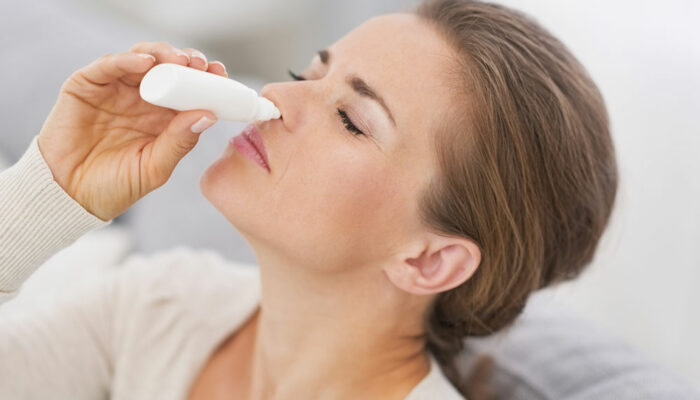
6 Causes of Excess Sweating
Hyperhidrosis is the abnormal excessive sweating disorder that is not related to workouts or excess heat. It is estimated that 3% of Americans have hyperhidrosis. Heavy sweating can alter your normal activities, cause embarrassment, and it’s extremely uncomfortable. Most people experience heavy sweating when they are in a hot environment, under stress, or exercising.
With hyperhidrosis, sweating far exceeds normal conditions. The disorder mainly affects the underarms, feet, hands, or face. Individuals with the disorder report excessive sweating, mostly at waking hours. Moreover, they are prone to skin infections. When the cause of the disorder is established, some symptoms of hyperhidrosis heavy sweating can be treated. Common treatment options for heavy sweating include medication, antiperspirants, injection of Botox, and Iontophoresis. Additionally, surgery can be done to disable the sweat glands temporarily. Causes of heavy sweating may be due to an underlying health issue, such as:
1. Spinal cord injury
Many people with spinal cord injuries report excessive sweating on one side of the body. Heavy sweating is triggered by medication administered to patients with spinal cord injuries. If not treated, the disorder can affect the daily activities and quality of life of an individual. For people nursing spinal cord injuries, hyperhidrosis is accompanied by nasal congestion, headaches, skin irritation, bladder and bowel complications, and flushing of the face. Treatment mechanisms include medication and antiperspirants that reduce the symptoms.
2. Anxiety disorder
Most people report excessive sweating that comes with anxiety. Heavy sweating occurs because the body perceives anxiety as a broken flight or fight response. When faced with danger, the body reacts by providing you with energy to fight or flee. The heart rate is increased to pump blood faster and transport energy needed for energy build-up. Also, it causes excessive sweating as a preventative measure. When the body releases excess energy, excessive heat is released through sweat to cool off the body. Individuals with anxiety experience frequent episodes of heavy sweating. Their bodies respond by releasing excess heat, though they are not fighting or fleeing.
3. Heart disease
Excessive sweating, especially when not exercising, is an early symptom of heart disorders. The heart struggles to pump blood through the clogged arteries and capillaries to other body parts. Thus, the body releases sweat to keep the temperature at normal levels. Night sweats are common with women suffering from heart complications. They report sweating during morning hours with sheets soaked with sweat.
4. Gout
Gout is a common cause of hyperhidrosis, caused by excess uric acid in the blood. The excess uric acid causes the formation of crystal underneath the skin, causing excessive sweating. It is mainly accompanied by swelling and pain in joints.
5. Hyperthyroidism
When thyroid glands are overactive, the condition is known as hyperthyroidism. This means that the body produces excessive thyroxine hormone, which affects the rate of heartbeat. A major symptom of hyperthyroidism is excessive sweating accompanied by fatigue, itchy dry skin, weight loss.
6. Parkinson’s disease
The condition affects the nervous system of an individual. The body reacts by producing excess sweat to cool the body. Moreover, people with the disorder report heavy sweating, particularly during the night.



